Japanese Traditional Crafts, Kimono
Kaga Embroidery – Meticulous Designs Sewn By Hands
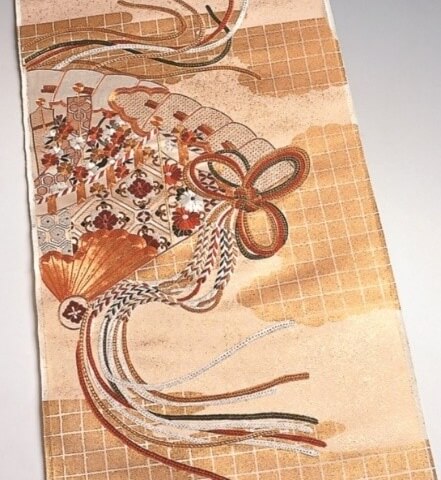
(Image: Aoyama Square)
Japanese embroidery refers to handmade Japanese fabric crafts that are decorated using silk threads. Since every designs are sewn by the hands of the crafts people, it takes an extraordinary amount of time to create a single piece.
Kaga Embroidary is one of them. In this post, I’d like to introduce you to its beautiful craftsmanship and show you some of its products.
Overview
Kaga Embroidery is a fabric craft produced in Kanazawa city of Ishikawa Prefecture. It is known for its delicate technique of creating a meticulous design with threads of various colors, without using machine of any sort. The main crafts include traditional items such as kimono, kimono sash belt, a sumo wrestler’s ornamental apron, Japanese dolls; and modern accessories such as piercings and Valetta.
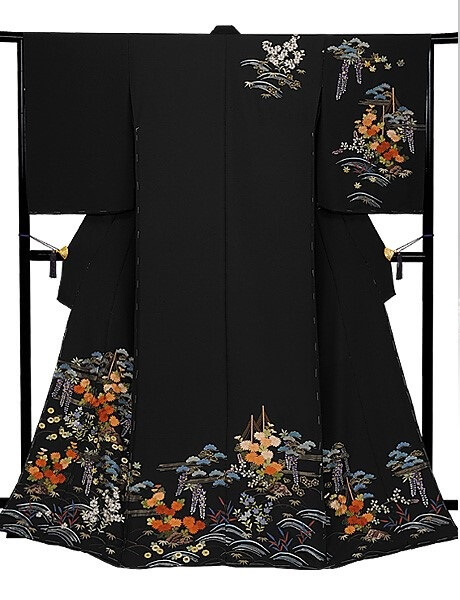
(Image: Rakuten Shop)
The history of Kaga Embroidery dates back to the beginning of Muromachi era. With the propagation of Buddhism during this time, Kaga embroidery was brought in from Kyoto as techniques for decorating fabrics such as the cloth laid on a Buddhist altar and the priest’s stole. This later became popular among the rich and began being used on kimonos and other accessories, and gradually became known as the pronoun of high grade kimono fabric.
Making Process of Kaga Embroidery
Step 1: rough draft
They draw the rough draft on a paper with a pencil or with a thin brush.
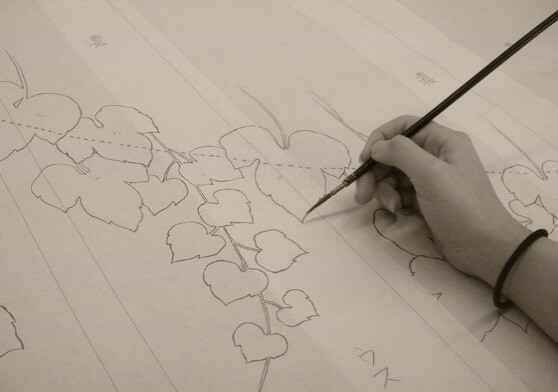
(Image: gingasen.com)
Step 2: Clean draft
They place the rough draft on a light table, put the fabric that they’re going to sew on on top, and carefully trace the design.
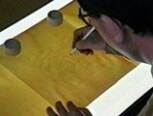
(Image: kougeihin.jp)
Step 3: Dying threads
They put the silk thread in the water with dye, and boil it with acid for about 20 minutes. After that the silk is dried on a rack.
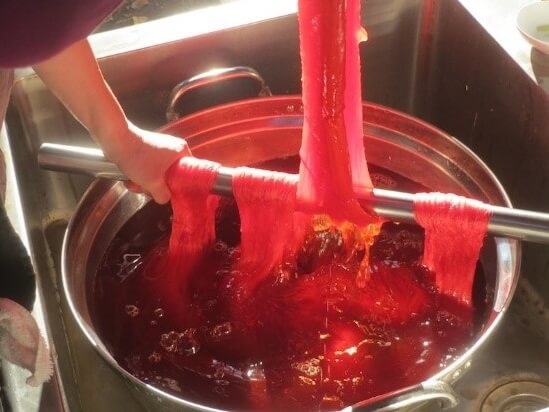
(Image: yamazaki-kusakizome.com)
Step 4: Selecting colors
They select threads based on the color of the fabric, and begin thinking about what specific techniques to use.
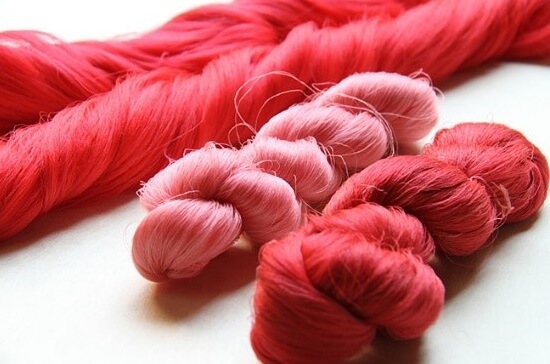
(Image: www.asahi.com)
Step 5: Stretching the fabric
The fabric is stretched out on a tool so it won’t twist or crumple during the sewing process.
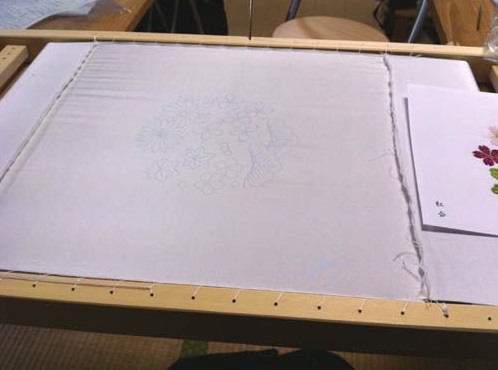
(Image: blog.livedoor.jp)
Step 6: Adjusting the size of the thread
This is a process where they adjust the thinness of the thread depending on the design.
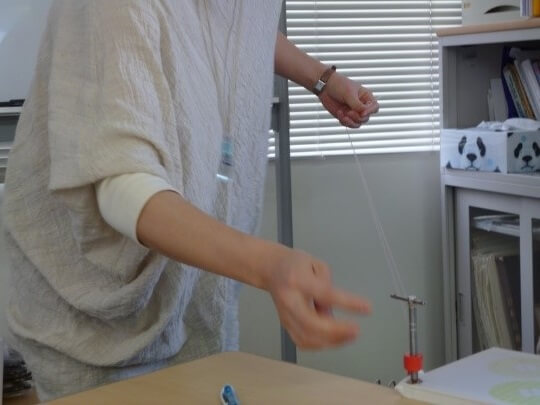
(Image: blogimg.goo.ne.jp)
Step 7: Sewing
They begin sewing. There are usually more than 15 techniques that are involved in making one piece.
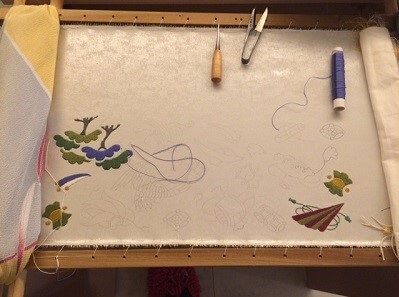
(Image: k13t12.blog118.fc2.com)
Products of Kaga Embroidery
As mentioned above, kimono and other traditional crafts aren’t the only products that uses Kaga Embroidery. Here are two of the popular, modern products of different price range that are being sold today.
Kaga Embroidery Scarf “Climb Flower”
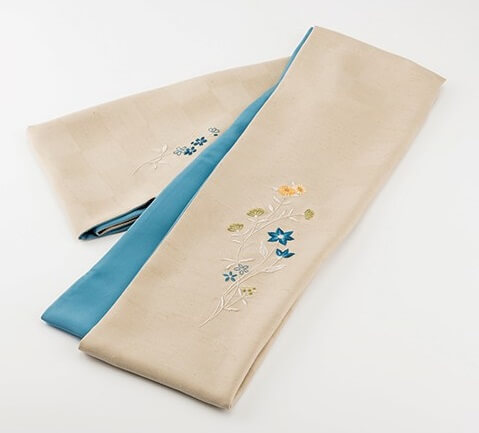
(Image: Rakuten Shop)
You can use it for both Japanese and non-Japanese wears.
Size: 36 cm x 170 cm
Price: 500,000 JPY (approx. $4,500 / €4,000)
Kaga Embroidery IMAI Piercings
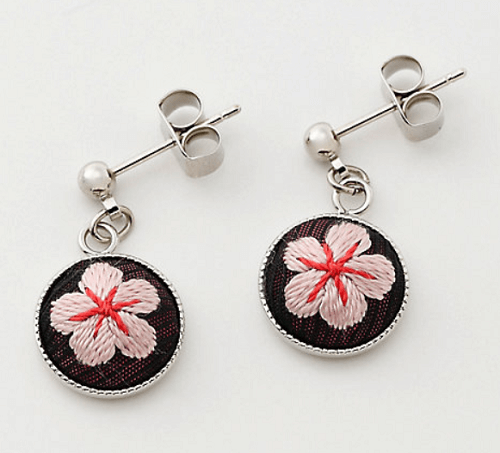
(Image: isetan.mistore.jp)
It’s a pair of cherry blossom motif piercings. Each of them were hand sewn by the crafts people.
Size: full length – 1.8 cm, diameter – 1.1 cm
Price: 3,780 JPY (approx. $34 / €30)
In Conclusion
There are no huge difference between Kaga Embroidery and other Japanese Embroidery except a sign that indicates so; most of the difference is created by different artists who work on the fabric, and by the fact that they are all sewn by hand. Not one of them is exactly the same even if the designs are similar, so anything you get will be a ‘one and only’ design.
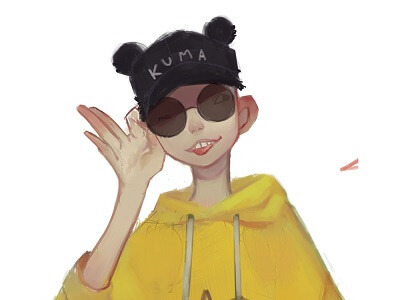
Author - Kanna
A writing/translating enthusiast and a part-time illustrator, recently graduated from Sophia University. My expertise is in media and English studies, but I am also interested in a wide variety of fields, including traditions of art in Japan and how it has changed and been preserved. I hope people find interest in Japan through this blog!

About Orientalsouls.com
Learn and Buy Japanese Craftsmanship, Tradition & Culture
OrientalSoul.com is the online shop where you can buy traditional crafts of Japan.
We only sell selected authentic products in which true spirits of Japanese craftsmanship exist.
You may be able to find similar products in other shops for lower prices. However, we sell products based on fair prices that worth labor and value of experienced craftsmen.
In addition, we introduce stories about product history, how a product is made, what makes it different from others, and how the product enriches your life!